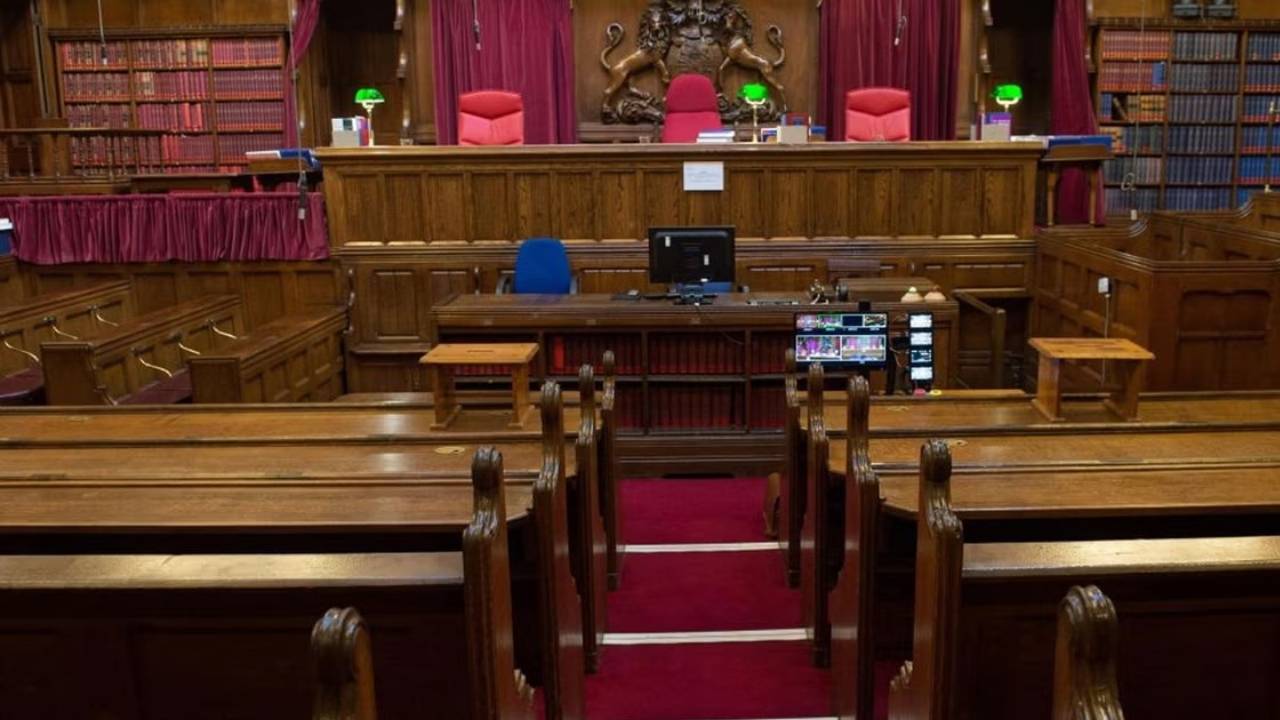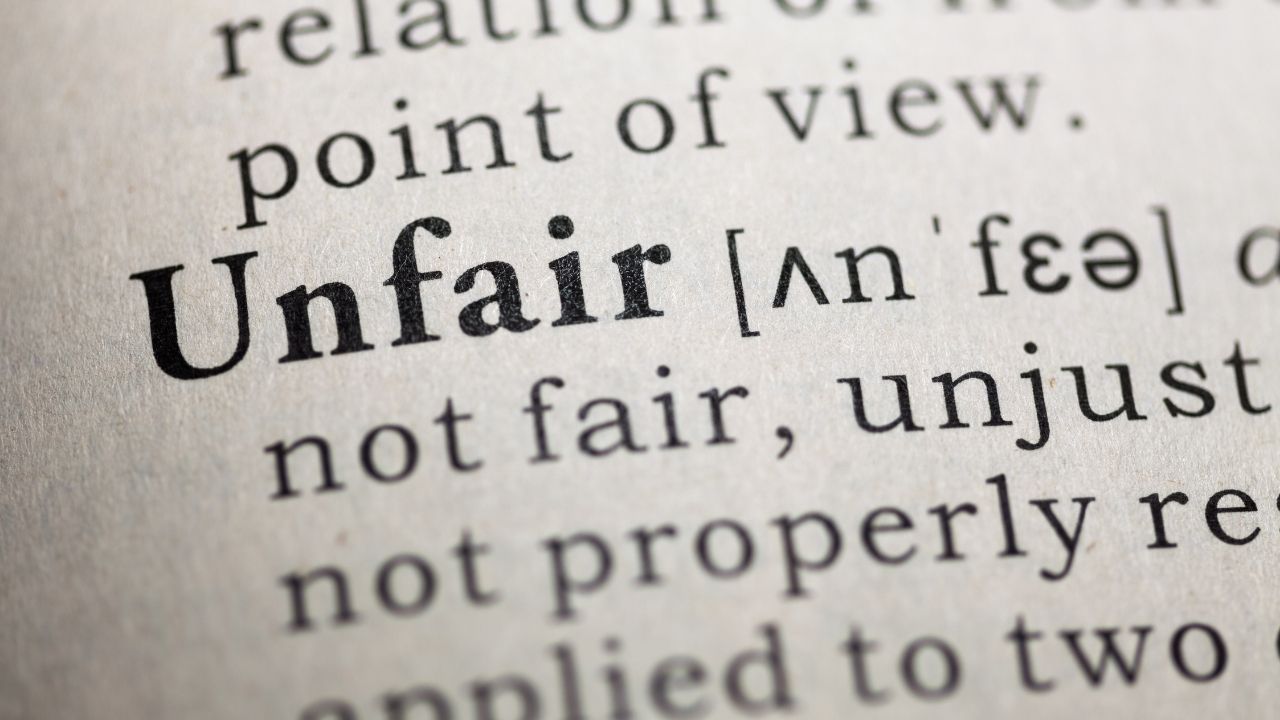Introduction
In a significant ruling for minority shareholders and company directors, the Court of Appeal in Saxon Woods Investments Limited v Francesco Costa [2025] EWCA Civ 708 has upheld findings of unfair prejudice under section 994 of the UK’s Companies Act 2006, while overturning aspects of the first-instance decision on directors’ fiduciary duties and remedies. Delivered on 9 June 2025, the judgment emphasizes the enforceability of shareholders’ agreements (SHAs) in exit planning and the objective assessment of directors’ good faith under section 172. This alert summarizes the case, key holdings, and practical implications for clients involved in closely held companies, particularly those with timed exit provisions.
Background and Facts
Spring Media Investments Limited (the Company), a creative services provider to luxury brands, was founded in 1996 and experienced rapid growth. By 2013, seeking expansion capital, it attracted investment from Francesco Costa, who became chairman and indirectly controlled 56% of shares, with an economic interest of around 30%. Saxon Woods Investments Limited (SW), holding 22.33% (later diluted), was linked to former CEO Mark Loy.
A novated SHA in 2016 included Article 6.2, obliging the Company and investors to “work with each other in good faith towards an Exit no later than 31 December 2019” and to “give good faith consideration to any opportunities for an Exit.” An “Exit” was defined as a sale of all or substantially all shares or assets on arm’s-length terms. Despite engaging Jefferies LLC in 2018 to facilitate an exit, no sale occurred by the deadline, partly due to the Covid-19 pandemic’s impact on valuations.
SW petitioned under section 994, alleging Mr Costa caused the Company to breach Article 6.2 by delaying the process for a higher price, misleading the board, and failing to engage with offers like that from Metric Capital Partners (Metric). The first-instance judge found unfair prejudice but ordered a conditional buy-out: Mr Costa to purchase SW’s shares only if a hypothetical offer exceeding US$75 million (net of debt) could be proven at a second trial. Both parties appealed.
Key Legal Issues and Court’s Findings
The Court of Appeal, led by Lord Justice Newey, dismissed Mr Costa’s appeal but allowed SW’s cross-appeal on several grounds.
First, on the SHA’s construction, the court confirmed Article 6.2 imposed a binding obligation to work in good faith towards an Exit by 31 December 2019, not merely during the investment period. Mr Costa’s strategy to delay for better terms breached this, as it contradicted the agreed timeline. The court quoted: “The judge found as a fact… that ‘Mr Costa pursued on behalf of the Company a strategy which he knew or should have known was contrary to the obligations of the Company’.”
Second, regarding the Metric offer—which involved potential equity rollover—the court held it could constitute an “Exit,” rejecting arguments that shareholder participation negated a “sale.” Failure to give it good faith consideration was a secondary breach.
Third, on unfair prejudice, the court affirmed that Mr Costa’s conduct harmed SW by depriving it of the Exit opportunity, even without proven financial loss. It clarified: “Prejudice can, but need not, be financial in character. A disregard of the rights of a member… may amount to prejudice.” The first-instance conditional order was erroneous, as it conflated prejudice with quantifiable loss, limiting section 996’s broad remedial discretion.
Fourth, overturning the judge, the court found Mr Costa breached section 172(1) (duty to promote company success). While the judge applied a subjective honesty test from Regentcrest v Cohen, the Court of Appeal invoked Ivey v Genting for an objective standard: honesty judged by ordinary decent people. Mr Costa’s misleading of the board and prioritization of his delay strategy, knowing it breached the SHA, was dishonest. The court did not rule on section 174 (duty of care), deeming it unnecessary. Good intentions alone are insufficient; actions must align objectively with fiduciary obligations.
Implications for Clients
This decision strengthens minority protections in quasi-partnership companies, affirming that breaches of SHAs, especially exit clauses, can ground unfair prejudice claims without financial proof. Clients drafting SHAs should ensure clear, enforceable exit timelines to avoid disputes.
For directors, it underscores the risks of subjective decision-making: even believing actions benefit shareholders “in the long run” may not shield from liability if objectively dishonest or contrary to agreements. In closely held firms, transparency in board communications is crucial to mitigate section 172 breaches.
On remedies, the unconditional buy-out order, valuing SW’s shares as if an Exit occurred on 31 December 2019, highlights courts’ preference for practical relief over contingent trials. This may encourage petitioners to seek valuations assuming compliance, potentially increasing litigation in stalled exits.
Clients in similar positions should review SHAs for compliance risks and consider mediation before petitions. For ongoing disputes, this ruling bolsters arguments for objective assessments of director conduct.
Conclusion
Saxon Woods v Costa reinforces the sanctity of shareholder agreements and the objective lens on directors’ duties, promoting fairness in private companies. As UK company law evolves, this case serves as a cautionary tale: timely adherence to agreed terms is paramount to avoid costly prejudice claims. Contact our team for tailored advice on your governance and exit strategies.



